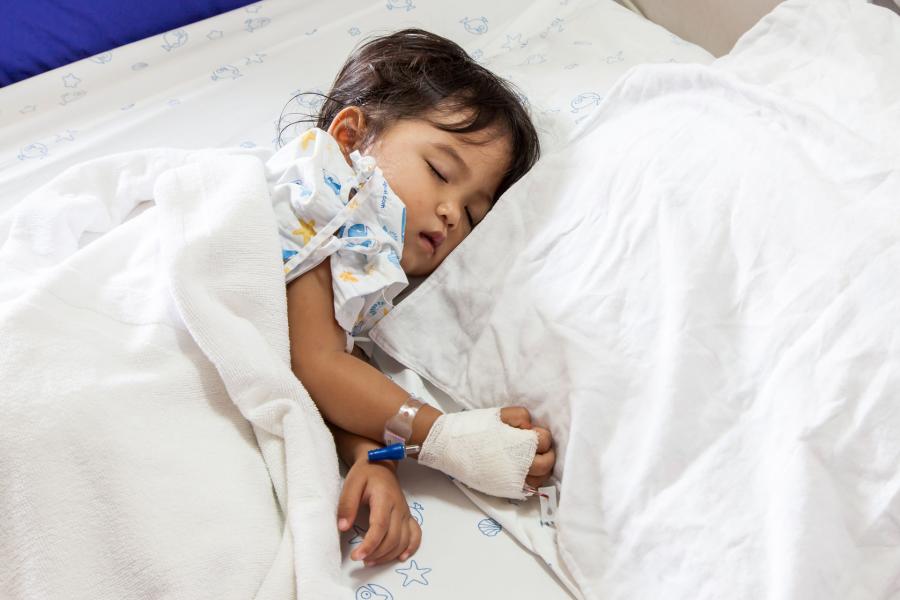All Conditions
A full listing of all conditions and problems covered on this website - from common problems to rare conditions.

Copyright: adkasai / 123RF Stock Photo
Low or no data? Visit zero.govt.nz, scroll down the page then click on the KidsHealth logo to return to our site and browse for free.
A full listing of all conditions and problems covered on this website - from common problems to rare conditions.

Copyright: adkasai / 123RF Stock Photo